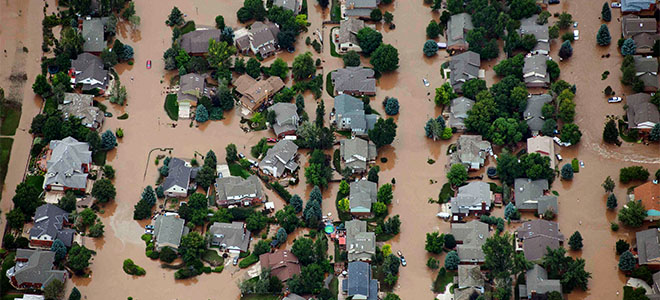Urban Climate
July 14, 2015
by Elizabeth A. Albright and Deserai A. Crow
Abstract: In early fall of 2013 in the Front Range of Colorado, several communities experienced intense rainfall over a three-day period, exceeding annual average precipitation rates. Extensive damage occurred to roads, infrastructure, parks, river corridors, homes and business throughout the region. Across the U.S. and in other nations, as population increases in flood-prone areas, flood risks and vulnerability are increasing as well. Successful response to extreme events may be due to policy learning—changes of beliefs, attitudes, behaviors, and goals – in response to new information and experiences. This learning can at times lead to adaptation of local policies to increase the resilience of communities faced with risk from extreme events. The extent of policy learning may depend on how communities engage with stakeholders and the public in post-disaster recovery. Using a comparative in-depth case study approach of seven Colorado communities, this study examines how communities actively engage stakeholders and the public in decision processes after an extreme event. Read more …


